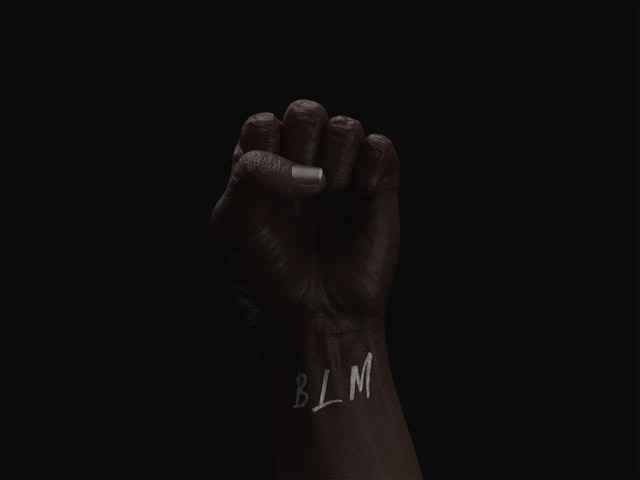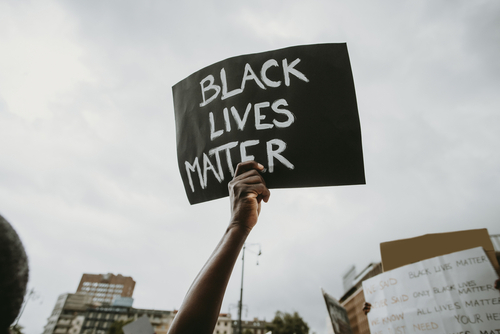On Wednesday, the International Olympic Committee declared athletes who decide to take a knee or raise their fist in protest at the 2020 Summer Olympics in Tokyo would be punished.
The IOC’s Rule 50 prohibits any “demonstration or political, religious or racial propaganda” in venues and any other Olympic area. The Games body concluded the rule should be preserved following an athlete consultation.
The protest ban will be in place when athletes are inside stadiums, at ceremonies and on podiums.
According to the IOC Athletes’ Commission chief Kirsty Coventry, the majority of athletes consulted were against any form of protests within the Olympic Games.

The IOC’s recommendations come on the heels of a consultation process that started in June 2020. More than 3,500 athletes were consulted. Coventry said 70% of those athletes consulted did not want protests on podiums, ceremonies and fields of play.
“I would not want something to distract from my competition and take away from that. That is how I still feel today,” Coventry said during an online presentation.
Over the past few years, sportsmen and sportswomen have been ‘taking the knee’ before matches and events globally in support of the Black Lives Matter movement, calling for an end to police brutality.
Former NFL quarterback Colin Kaepernick took a knee for the entire 2016 season in protest and was swiftly ostracized by the league. He has not played in the NFL since January 2017.
In 1968 American athletes, Tommie Smith and John Carlos raised black-gloved fists while on the podium to bring attention to civil rights issues in the US.
Such acts of bravery and displays solidarity will be punished during this year’s Olympics.
“We are asking the legal affairs commission to come up with a proportionate range of different sanctions, so that everyone knows going into a Games what they can and can’t do,” Coventry added.
Originally posted 2021-04-22 09:57:44.








